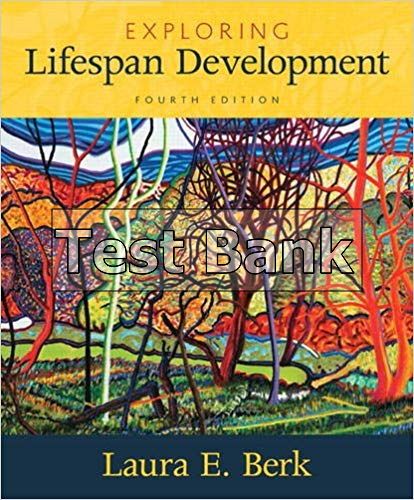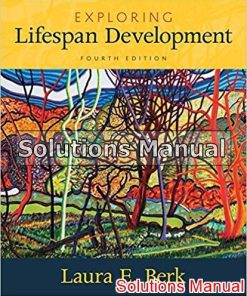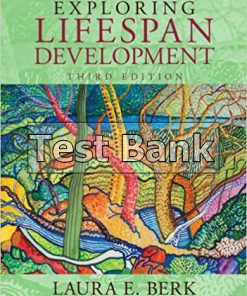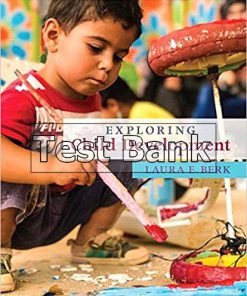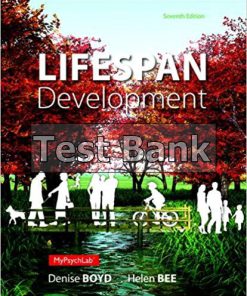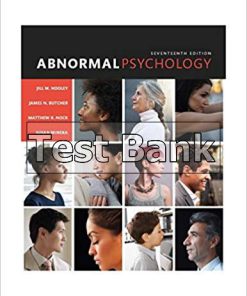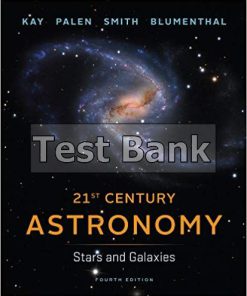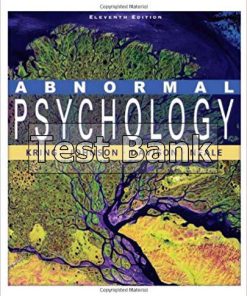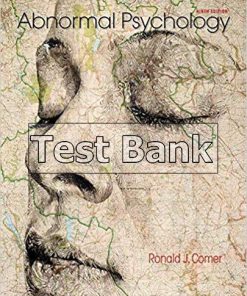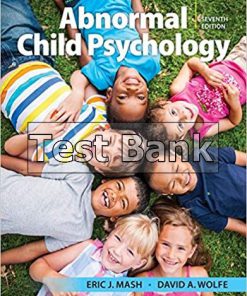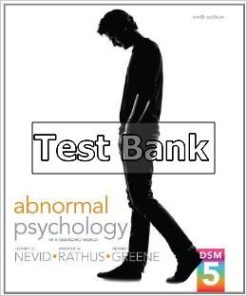PART I – THEORY AND RESEARCH IN HUMAN DEVELOPMENT
1. History, Theory, and Research Strategies
A Scientific, Applied, and Interdisciplinary Field
Basic Issues
The Lifespan Perspective: A Balanced Point of View
Scientific Beginnings
Mid-Twentieth-Century Theories
Recent Theoretical Perspectives
Comparing and Evaluating Theories
Studying Development
Ethics in Lifespan Research
PART II – FOUNDATIONS OF DEVELOPMENT GENETIC FOUNDATIONS
2. Genetic Reproductive Choices and Environmental Foundations
Genetic Foundations
Reproductive Choices
Environmental Contexts for Development
Understanding the Relationship Between Heredity and Environment
3. Prenatal Development, Birth, and the Newborn Baby
Prenatal Development
Prenatal Environmental Influences
Childbirth
Approaches to Childbirth
Medical Interventions
Preterm and Low-Birth-Weight Infants
The Newborn Baby’s Capacities
Adjusting to the New Family Unit
PART III – INFANCY AND TODDLERHOOD: THE FIRST TWO YEARS
4. Physical Development in Infancy and Toddlerhood
Body Growth
Brain Development
Influences on Early Physical Growth
Learning Capacities
Motor Development
Perceptual Development
5. Cognitive Development in Infancy and Toddlerhood
Piaget’s Cognitive-Developmental Theory
Information Processing
The Social Context of Early Cognitive Development
Individual Differences in Early Mental Development
Language Development
6. Emotional and Social Development in Infancy and Toddlerhood
Erikson’s Theory of Infant and Toddler Personality
Emotional Development
Temperament and Development
Development of Attachment
Self-Development
PART IV – EARLY CHILDHOOD: TWO TO SIX YEARS
7. Physical and Cognitive Development in Early Childhood
PHYSICAL DEVELOPMENT
A Changing Body and Brain
Influences on Physical Growth and Health
Motor Development
COGNITIVE DEVELOPMENT
Piaget’s Theory: The Preoperational Stage
Vygotsky’s Sociocultural Theory
Information Processing
Individual Differences in Mental Development
Language Development
8. Emotional and Social Development in Early Childhood
Erikson’s Theory: Initiative versus Guilt
Self-Understanding
Emotional Development
Peer Relations
Foundations of Morality
Gender Typing
Child Rearing and Emotional and Social Development
PART V – MIDDLE CHILDHOOD: SIX TO ELEVEN YEARS
9. Physical and Cognitive Development in Middle Childhood
PHYSICAL DEVELOPMENT
Body Growth
Health Issues
Motor Development and Play
COGNITIVE DEVELOPMENT
Piaget’s Theory: The Concrete Operational Stage
Information Processing
Individual Differences in Mental Development
Language Development
Learning in School
10. Emotional and Social Development in Middle Childhood
Erikson’s Theory: Industry versus Inferiority
Self-Understanding
Emotional Development
Moral Development
Peer Relations
Gender Typing
Family Influences
Some Common Problems of Development
PART VI – ADOLESCENCE: THE TRANSITION TO ADULTHOOD
11. Physical and Cognitive Development in Adolescence
PHYSICAL DEVELOPMENT
Conceptions of Adolescence
Puberty: The Physical Transition to Adulthood
The Psychological Impact of Pubertal Events
Health Issues
COGNITIVE DEVELOPMENT
Piaget’s Theory: The Formal Operational Stage
An Information-Processing View of Adolescent Cognitive Development
Consequences of Adolescent Cognitive Changes
Sex Differences in Mental Abilities
Learning in School
12. Emotional and Social Development in Adolescence
Erikson’s Theory: Identity versus Role Confusion
Self-Understanding
Moral Development
The Family
Peer Relations
Problems of Development
PART VII – EARLY ADULTHOOD
13. Physical and Cognitive Development in Early Adulthood
PHYSICAL DEVELOPMENT
Biological Aging Is Under Way in Early Adulthood
Physical Changes
Health and Fitness
COGNITIVE DEVELOPMENT
Changes in the Structure of Thought
Expertise and Creativity
The College Experience
Vocational Choice
14. Emotional and Social Development in Early Adulthood
A Gradual Transition: Emerging Adulthood
Erikson’s Theory: Intimacy versus Isolation
Other Theories of Adult Psychosocial Development
Close Relationships
The Family Life Cycle
The Diversity of Adult Lifestyles
Career Development
PART VIII – MIDDLE ADULTHOOD
15. Physical and Cognitive Development in Middle Adulthood
PHYSICAL DEVELOPMENT
Physical Changes
Health and Fitness
Adapting to the Physical Challenges of Midlife
Health Issues
COGNITIVE DEVELOPMENT
Changes in Mental Abilities
Information Processing
Vocational Life and Cognitive Development
Adult Learners: Becoming a Student in Midlife
16. Emotional and Social Development in Middle Adulthood
Erikson’s Theory: Generativity versus Stagnation
Other Theories of Psychosocial Development in Midlife
Stability and Change in Self-Concept and Personality
Relationships at Midlife
Vocational Life
PART IX – LATE ADULTHOOD
17. Physical and Cognitive Development in Late Adulthood
PHYSICAL DEVELOPMENT
Life Expectancy
Physical Changes
Health, Fitness, and Disability
COGNITIVE DEVELOPMENT
Memory
Language Processing
Problem Solving
Wisdom
Factors Related to Cognitive Maintenance Change
Cognitive Interventions
Lifelong Learning
18. Emotional and Social Development in Late Adulthood
Erikson’s Theory: Ego Integrity versus Despair
Other Theories of Psychosocial Development in Late Adulthood
Stability and Change in Self-Concept and Personality
Contextual Influences on Psychological Well-Being
A Changing Social World
Relationships in Late Adulthood
Retirement
Successful Aging
PART X – THE END OF LIFE
19. Death, Dying, and Bereavement
How We Die
Attitudes Toward Death
Thinking and Emotions of Dying People
A Place to Die
The Right to Die
Bereavement: Coping with the Death of a Loved One
Death Education
